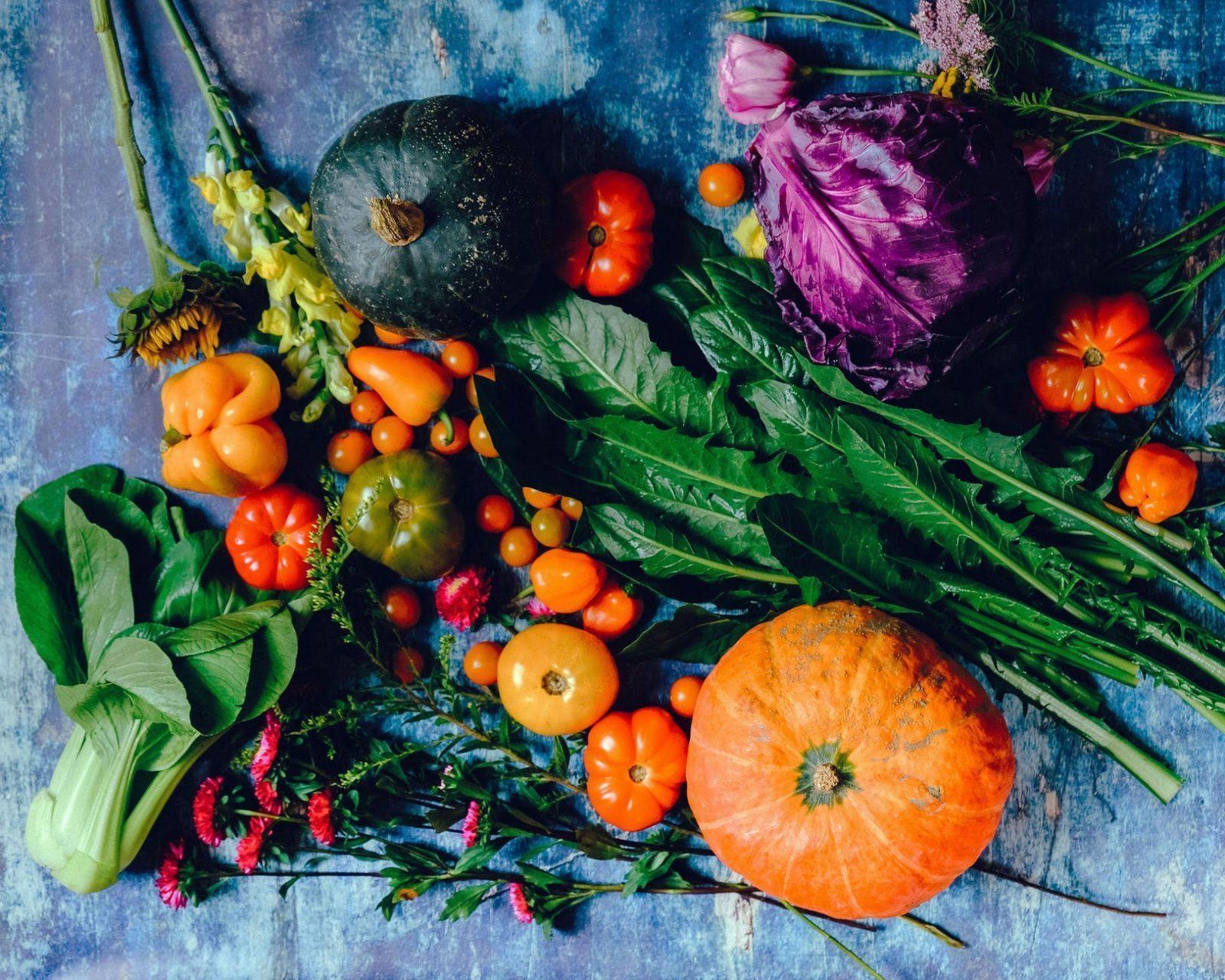The Eco Friendly Foods Initiative (EFFi) is an initiative that helps people live holistically by promoting food products that are both healthy and sustainable for the environment. We sat down with Carina Ayden, the founder and executive director of the organization, to discuss the inspiration behind the company and how it’s gotten where it is today.
Grit Daily: You had your own adventures before EFFi Foods. Share those.
Carina Ayden: I grew up book-ended by parents that were incredibly intelligent but were afraid to step outside of their ‘comfort zone’. To pursue their dreams, at the time, meant going against societal and their family’s standards. As they grew older, they couldn’t help but linger in the abysmal space of “what ifs”.
So with that life lesson in mind, I made sure to make all my adventures play out outside the “box” and comfort zones.
At school, instead of delivering a one-page essay at the end of the lesson, I could turn a six-page poem written in a iambic pentameter. But that type of creative self-expression was thwarted during my school years, but I kept the spirit of curiosity and marveled at life.
I majored in philology and linguistics and studied journalism after which I became a language teacher and opened a small language school in Istanbul, Turkey. Within the same year I was offered to write a textbook based on the method I discovered, one that helped my students learn foreign languages faster.
I already had the awareness that the way my mind worked was different; I absorbed information very fast and was able to connect the dots faster than most people around me. But, interestingly, I also had a strong desire to present that same information in a more simplistic and digestible way.
My life is also framed by the many spine surgeries that I’ve had throughout my life, which also led me to discover the power of digestive wellness and its linkage to overall health. Probiotic supplementation and probiotic-rich foods were the post-operative panacea that accelerated my recoveries and tamed the otherwise severe digestive problems.
I discovered the white space when I realized the general public and most of my physicians had no idea what probiotics and their benefits were. Back in 2010, your choices of gut-friendly foods at the supermarket were sauerkraut and a Greek yogurt.
I ended up attending many conferences and expos looking for a sturdy probiotic strain that could withstand manufacturing processes and be fortified into foods.
In 2012, I was working on launching the first probiotic nutrition bar. At the same time I was in constant communication with suppliers that produced sustainable packaging materials. The learning curve was hyperbolic and steep. I found myself connecting the dots of a broken system with zero success.
Despite innovation in the sustainable packaging sector, at the time we couldn’t close the loop because we couldn’t get a printing company to commit to a reasonable order. Our copacker’s machinery wasn’t compatible and no one could figure out the food safety barrier. (But this year we are launching 100% eco-friendly packaging for our Chickpea Granola line.)
As I was navigating the food industry’s disembodied parts I also took a volunteering opportunity with Human Rights Watch to keep my sanity and maintain perspective. I’ve known about the environmental implications of human activity and the food industry on our planet since I was a kid. But through Human Rights Watch I had an eye-opening moment realizing how the food industry can violate basic human rights. As you can imagine, women and children are again the most vulnerable. I met Alina Diaz in 2013, a woman who fights abuse against farmworker women in the United States. The stories that she told helped me look deeper into the power of the food we put on our plates every day.
That curiosity led me into the dark hole of animal agriculture practices and the profound cruelty it unleashes on animals and the environment. So my company became the intersection of plant-based nutrition and an unwavering strife for sustainability.
GD: What’s behind the EFFi Foods name?
CA: EFFI stands for Eco Friendly Foods Initiative. The idea is simple: I wanted to make eco-friendly foods. But I was aware that it’s not going to be a ‘perfect’ company that could solve everything at once. So I added the word initiative, which assumes the intent and calls for action.

GD: For the uninitiated, what is an “ecologically positive“ plant?
CA: In short, it’s a crop that is biologically resistant to climate change. A few of the main properties are: drought resistance, ability to sequester carbon from the atmosphere, high nutritional density, low water inputs, contribution to soil health, etc.
GD: Aren’t all plants “ecologically positive?”
CA: Every plant on this planet has a unique purpose. I believe nature doesn’t make mistakes. Earth’s ecosystems were forged for billions of years by many processes that allowed human life to occur. My apolitical view on climate is that it IS changing. So the idea of climate-proof plants can only exist in correlation with humans. If there were no people there wouldn’t be a need to identify and thus promote climate-positive plants.
People need food to survive. And with changing weather patterns and soil damage, we need to rethink how we produce food and what we produce. There are over 30,000 edible plants on this planet but 75% of global food comes from only 12 plants. The population is predicted to jump close to 10 Billion in the next 2.5 decades and the current food system can’t sustain it. We need systems thinking to tackle the impediments to human life and need to make it in alliance with the environment.
GD: And what’s an example of a “climate-adaptive food?”
CA: In 2018, I “brought chickpeas from hummus” not because I wanted to pay homage to my Middle Eastern roots, but because I went through dozens of studies on obesity and its linkage to satiety. Chickpeas and beans were highlighted as foods that contribute to satiety and have the ability to keep people fuller longer. Besides its superior nutritional properties I was smitten by its biological makeup. The chickpea plant is good for soil health because it acts as a natural fertilizer by fixing nitrogen in the soil: it’s also not water-hungry.
In 2019, the United Nations designated a special day—World Pulses Day—to recognize the importance of chickpeas, beans, peas and lentils as a global food. Chickpeas also became a key crop for famine-stricken regions in East Africa. As much as we want to help people eat better and also shape their opinion about climate-friendly foods, we recognize that customers in turn shape and dictate what they like by their purchasing decisions. The nut craze is currently driving the granola category. Nuts are very nutritious and a great source of good fats. But.
California is the main producer of almonds and I have a problem with that. The idea of growing a water-hungry crop in a drought-prone state is a fallible concept. Yet, as a small business owner I’m pushed to the corner, because almonds from other places are more expensive which drives the cost of the end product. As my company grows I choose to focus on pulses and other crops that hit on both nutritional and environmental points.
GD: What’s one unconventional wisdom about snacks that’s just plain wrong?
CA: That you shouldn’t snack if you want to stay healthy. Nutritionally-dense snacks can do the opposite. Snacking can prevent overeating and keep your blood sugar in check throughout the day.
Photo by Vegan Liftz

